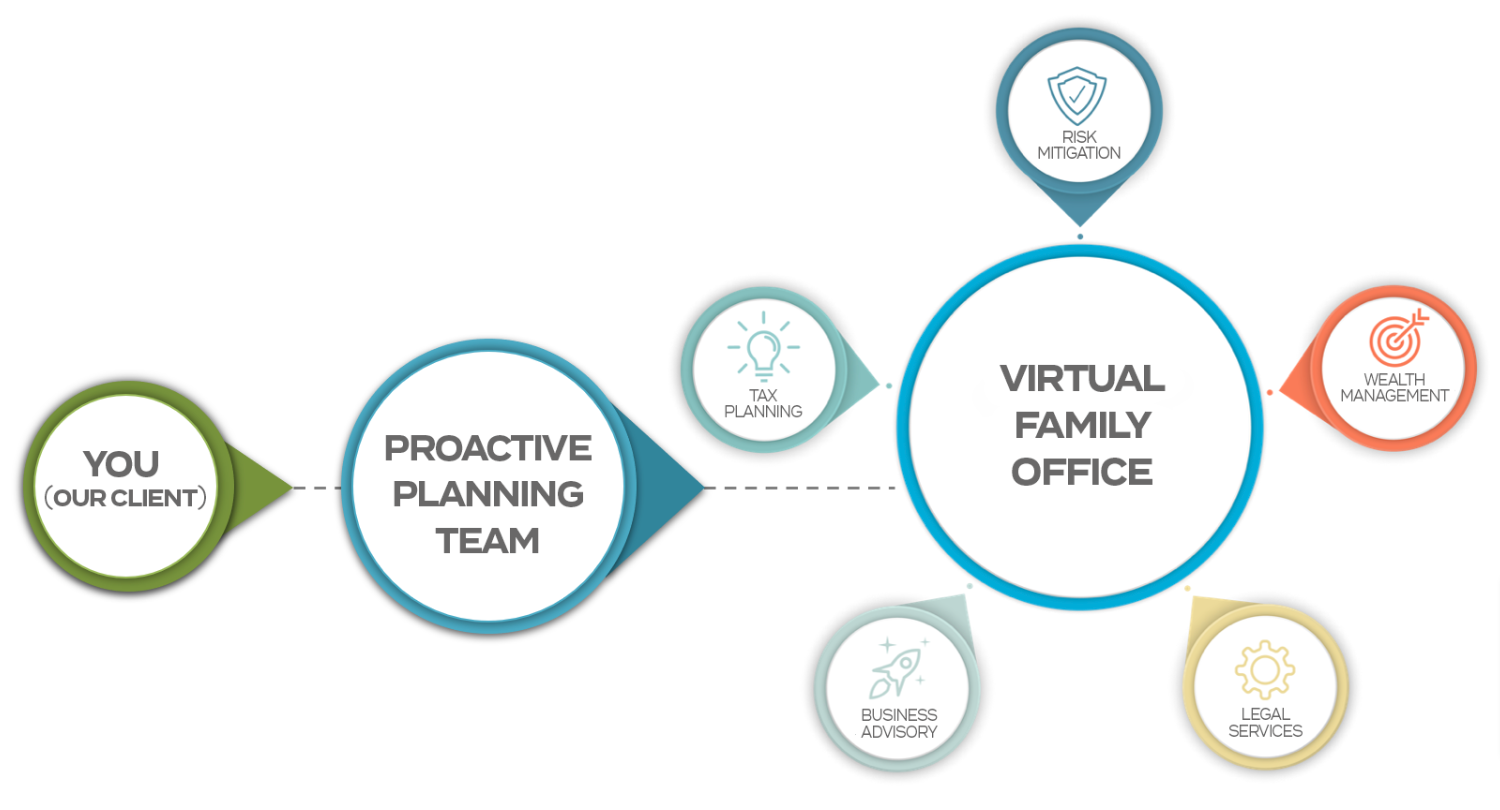Hammernik’s 11 Expert Tips To Audit-Proof Your Business
How can I make sure I don’t get audited?
What are my chances of getting an audit?
If I take that deduction, will it raise a red flag?
These are just a few of the questions we receive, probably about every week from our Waukesha County business clients (there’s more, but I don’t want to scare you — or give you any ideas).
And look — I’m not exasperated by the questions. But receiving these questions enough, as I do, means that I should probably write about it.
So, I’ve put together a primer for my business-owner clients and friends on avoiding audits, completely.
Here it is — and don’t make the mistake in thinking that just because the IRS budgets have decreased recently for this stuff, that nobody ever gets audited. Believe me, that’s not the case…
Hammernik’s 11 Expert Tips To
Audit-Proof Your Business
“Some people come into your life as blessings, others come into your life as lessons.” – Mother Teresa
I’ve seen a fair share of audits, my friend. And, of course, nobody likes dealing with them.
That said, there are some pretty basic steps which YOU, as a business owner, can take to ensure this doesn’t happen to you. Some of these apply to those of my clients and friends who filed an extension (as they deal with your actual return), while others are year-round necessities.
But I will say right up front: If this is overwhelming to you, there’s a simple solution — have us handle all of it for you. But if you want to tackle it all yourself, here’s what you should be doing…
1. Make sure that any third-party income and reports agree with your records.
2. Make sure you have selected the correct forms and schedules to fill out. Ask yourself: Do the forms apply? Am I stretching the situation? Are there credits that I am entitled to whose forms I haven’t included, but need to?
3. Keep track of bank deposits so that all items will be easy to trace. Write the source of the check directly on the deposit slip , especially transfers between accounts, so that these are not inadvertently counted as income.
The first thing tax auditors request are your checking, savings, and investment accounts. They then proceed to do a total cash receipts analysis, comparing the total to the gross income shown on your tax return. By marking every deposit slip, you know where to look for further documentation to support your notation, and the auditor will have the trail in front of him or her, for the source of the unusual nontaxable receipts such as insurance recoveries, loans, gifts, and inheritances. Surprisingly, it’s not that much work, and is worth the effort.
4. Always keep your checking and savings accounts free of irregularities. Be sure you can explain large bank deposits and increases (especially sudden ones) in your net worth. WARNING: If you have unreported income of more than 25% of your adjusted gross income, the auditor may turn your case over to the CID. If you suspect this may occur, do not provide any leads to the auditor regarding the sources of the unexplained deposits. The burden of proof is on the IRS. You do not have to provide leads that make their job easier.
5. Keep your business and personal accounts separate.
6. If you know you are going to take a business deduction, pay for it by check.
7. Know the proper time to file. IRS computers are not programmed to review only those returns received before April 15th. So who is to say that late returns, those filed after April 15th, won’t be audited, or will be audited less than returns mailed earlier?
8. Be thorough. Don’t leave out any information. Sign where you are supposed to.
9. Be neat.
10. Check your mathematics.
11. Balance your total deductions with your income. Extensive deductions that add up to a substantial portion of your total income are audit flags.
Good tax preparers will make you “audit proof” while being extremely aggressive with your business deductions. A good tax preparer will also save you thousands of dollars a year and give you the security of knowing that all your deductions are legally defensible. We know that’s why you’ve chosen to rely on us … and we’re glad you rely on us to help you be Audit-Proof.
But, let’s posit that for some strange reason you (or a friend) did NOT choose us to file your taxes this year … well, then there’s this:
+++++++++++++++++
“No Charge” Return Review
Special
Offer
As a complimentary service this year, we will provide a Return Review To Any Non-Client. We will also review prior year returns from clients who did NOT have us handle their taxes during the year under question. No charge will be made, unless we have to file an amended return. Email our office (using the
email button at the top of this page
) or call (414) 545-1890 to set up this complimentary service!
Deadline May 8th
+++++++++++++++++
Feel very free to share this article with a Waukesha County business associate or client you know who could benefit from our assistance — or simply send them our way? While these particular articles usually relate to business strategy, as you know, we specialize in tax preparation and planning for Waukesha County families and business owners. And we always make room for referrals from trusted sources like you.
Warmly (and until next week),
Dale Hammernik
(414) 545-1890
Hammernik & Associates
The post Hammernik’s 11 Expert Tips To Audit-Proof Your Business appeared first on Talking Tax to Milwaukee.
See More Blog Posts







